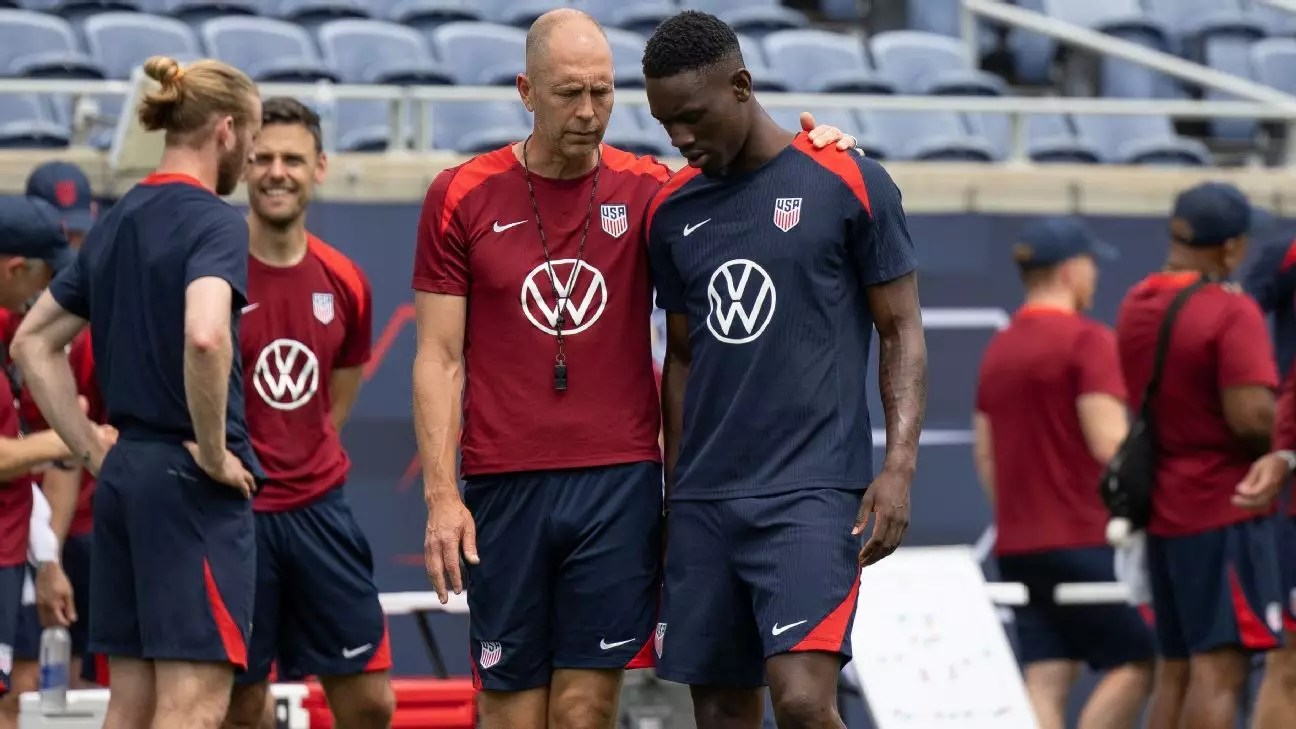The recent announcement by FIFA has unveiled the remainder of the game schedule for the highly anticipated 2026 World Cup. While the exact placements of most teams are still to be determined due to the ongoing World Cup qualifying matches, the hosts – Canada, Mexico, and the United States – now have a clearer picture of where their games could potentially take place beyond the group stage. Each of the co-hosts already knows where they will be playing their group stage matches. Canada will open its campaign in Toronto, followed by matches in Vancouver. Meanwhile, Mexico will kick-off and end its group stage games in Mexico City, with a match in Guadalajara in between. The U.S. will follow a similar pattern, playing its first and third matches in Los Angeles and its second match in Seattle.
The path after the group stage for each host country will depend on their final group stage standings. For instance, if the U.S. manages to finish first in its group, the team would head to the San Francisco Bay Area for the round of 32. Subsequently, potential matches could take place in Seattle, Los Angeles, Dallas, and New York leading up to the final on July 19. On the other hand, finishing second in the group would alter the course slightly with matches in Dallas, Atlanta, Kansas City, and the same final locations as before.
Mexico, finishing first in its group, could potentially play its round of 32 and round of 16 matches in Mexico City, followed by matches in Miami, Atlanta, and the final/third place games in Miami and New York. Similarly, Canada, if securing a first-place finish in its group, might play both the round of 32 and round of 16 games in Vancouver, with potential matchups in Kansas City, Atlanta, and the final/third place locations in New York and Miami. In case of second-place finishes, the paths for both Mexico and Canada will differ, showcasing the variety and unpredictability of the upcoming tournament.
The 2026 World Cup will mark the first time in history where 48 teams will compete, a significant increase from the previous 32-team format. This expansion provides opportunities for more nations to participate and showcase their talent on the global stage. Additionally, FIFA has released a list of 24 potential cities that could host the participating countries’ training facilities or “base camps.” These locations, including cities such as Chattanooga, Irvine, St. Louis, and Salt Lake City, aim to create a closer connection between the teams and the local communities, enhancing the overall World Cup experience.
As the excitement builds for the 2026 World Cup, fans and players alike are eager to witness the unfolding of this historic event. With the game schedule now unveiled, the host countries and participating teams can begin to strategize and prepare for their upcoming matches. The expanded format and multiple potential locations offer a diverse and inclusive platform for teams from around the world to come together and compete for glory. As the countdown to kickoff begins, anticipation and enthusiasm continue to grow, setting the stage for a truly unforgettable tournament.


Leave a Reply